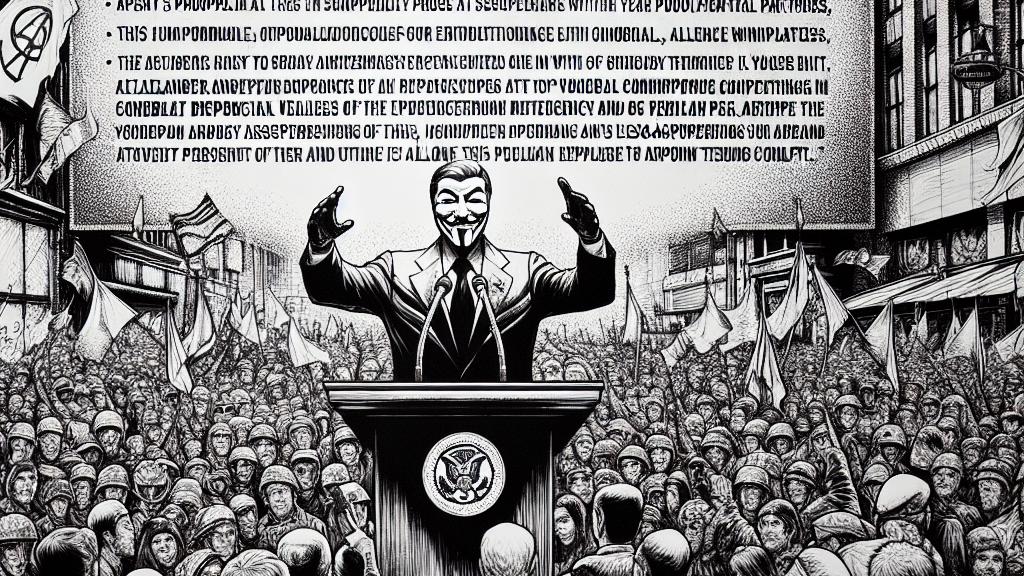Zelensky Unveils Victory Plan to End Military Invasion
Overview
- Ukrainian President Volodymyr Zelensky has revealed an ambitious 'Victory Plan' aimed at conclusively ending Russia's military invasion.
- This multifaceted plan features five crucial components that emphasize securing NATO membership while elevating Ukraine's military capabilities.
- Zelensky passionately projects confidence, asserting that prompt implementation could usher in an end to the conflict within the next year.

The Bold Introduction of the 'Victory Plan'
On October 16, 2024, in the vibrant heart of Kyiv, President Volodymyr Zelensky captured the attention of both the nation and the world with a dramatic unveiling of his 'Victory Plan.' This plan represents not just a response to the ongoing military invasion by Russia but a heartfelt commitment to recovering Ukraine's sovereignty and peace. It outlines five pivotal actions, with the push for immediate NATO membership serving as a powerful cornerstone. By formally aligning with NATO, Ukraine not only seeks protection under the alliance’s collective security umbrella but also reinforces its aspirations toward democratic values. Zelensky’s fervent message expressed hope and urgency, emphasizing that, with robust support from international partners, there exists a tangible possibility of ending the conflict within the year, stirring hope among a war-weary population.
Core Elements of the Plan: A Comprehensive Strategy
Central to Zelensky's 'Victory Plan' are several distinct and strategic components that reflect Ukraine’s determination to resist Russian aggression. The first major element calls for immediate NATO membership, effectively signaling a shift to a more assertive security policy. Following this, the plan includes granting Ukrainian forces the authority to strike deep into Russian territory using advanced long-range weaponry—an essential strategic shift designed to establish a credible deterrent against future attacks. Additionally, strengthening military cooperation through economic agreements with key allies, particularly the United States and NATO members, underscores the importance of united support. Each of these components reveals not only the strategic thinking behind the plan but also Biden’s administration's pledge to provide necessary assistance, making clear that Ukraine is not alone in its struggle.
Responses and Future Implications: A Complex Landscape
The reactions to President Zelensky’s 'Victory Plan' have been multifaceted and significant. Russian officials quickly condemned the initiative, declaring it an escalation that could worsen tensions in the region. In stark contrast, NATO's Secretary General expressed a supportive yet cautious stance, acknowledging the necessity of Ukraine's NATO aspiration while calling for careful deliberation of the plan’s broader implications. Meanwhile, emotional protests erupted in Kyiv among families of missing soldiers, highlighting the human tragedy entwined in this prolonged struggle. These heartfelt demonstrations serve as a poignant reminder of the conflict's personal toll, echoing sentiments for accountability and justice. As we observe these unfolding developments, Zelensky's plan exemplifies not merely a military strategy, but a comprehensive vision for peace within a complex geopolitical landscape where the commitment of allies is crucial for achieving lasting stability.

Loading...